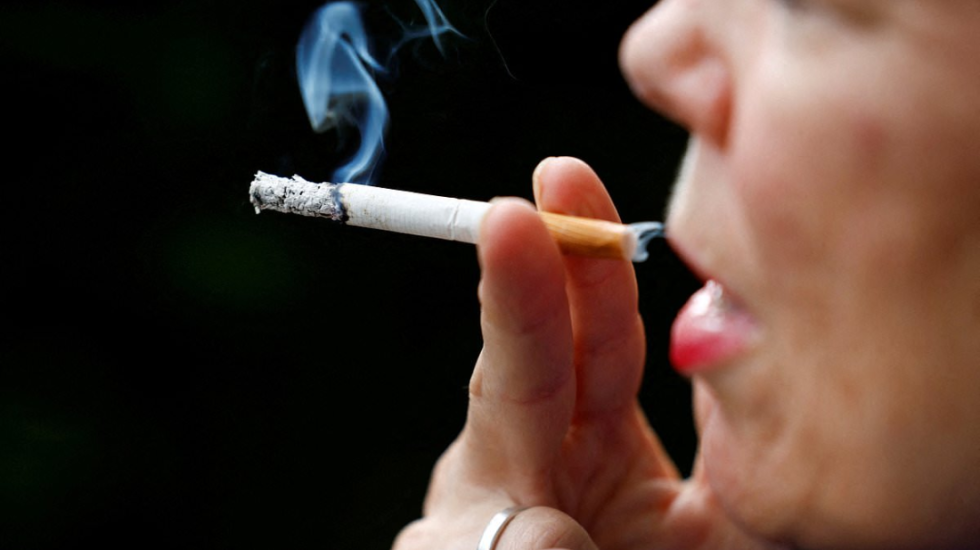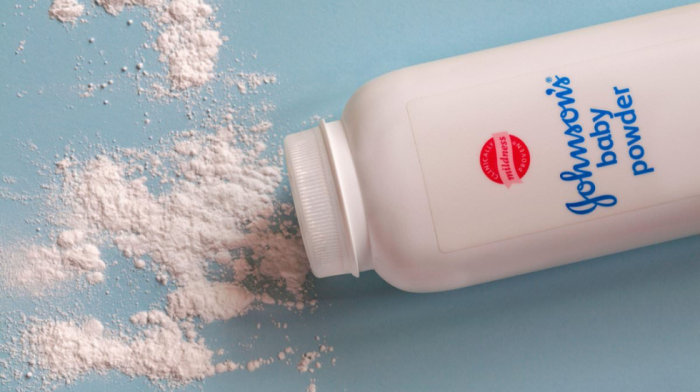The Queen had to pull out of attending the Royal Variety Performance last week – one of a number of engagements she's now missed through a chest infection.
At a recent event at Buckingham Palace, the Queen revealed to actress Emily Mortimer that she had stopped smoking 20 years ago.
This begs the question: could a history of smoking make those who have kicked the habit more susceptible to chest infections – and, if so, what can they do to protect themselves?
Ex-smokers are more prone to all sorts of infections, from colds and flu to pneumonia, experts say. They're also more likely to suffer from worse symptoms. 'Even if your lungs are left slightly damaged from smoking, you're more susceptible to getting infections,' says Professor Nick Hopkinson, a consultant respiratory physician at Royal Brompton Hospital in London and medical director of the charity Asthma + Lung UK.
In healthy lungs, sticky mucus (sputum) traps harmful particles and bacteria, moving them along to the throat to be swallowed and destroyed. Immune cells patrol the lungs at the same time, destroying any bugs. But in smokers, the lungs become inflamed and produce too much mucus. When this gets trapped, smokers cough it up.
It also causes direct lung cell damage, which makes it more difficult to inflate and deflate the lungs, leading to breathlessness.
'Once you start getting symptoms caused by smoking – including bringing up sputum, coughing and breathlessness – then it's more likely there's already some lung damage,' adds Professor Hopkinson.
Smoking also changes the microbiome (the community of bacteria and viruses) in the lungs.



























Comments (0)